Basics of Guardianship
GUARDIANS are important people – chosen to make decisions on behalf of someone unable to make them for themselves.
Putting Together a Plan for Healthcare POA in Advance of a Catastrophe
MANY of us put off planning for our end-of-life health needs as we think it is something for old age which is a long way off – but emergencies can happen at any time.
Guardianship Basics
GUARDIANS are important people – chosen to make decisions on behalf of someone unable to make them for themselves.
Power of Attorney 101
MANY of us will use a Power of Attorney at some point in our lives – either acting for someone else or for ourselves. But it is important to understand what a Power of Attorney document actually creates legally, for both parties involved, and the fact there are different kinds with different implications.
Essential Elements of Estate Planning
When you hear the words “estate planning” your mind probably goes immediately to will-writing. And that’s not an incorrect assumption, your will is one of the main components of your estate plan and a central focus of this important legal document. However, there is more involved in estate planning that just writing down a list of how your assets get distributed after your death. There are several other elements that go into a good estate plan and you’ll want to include all of them to have a fully comprehensive document that describes your wishes for your wealth and your care in the event of a worst-case scenario.
Life Events that Should Prompt an Estate Plan Review
Your life isn’t one static trajectory, so why should your estate plan be? Outside of not writing a will or any advance directive at all, the most common error made in estate planning is the failure to periodically update legal directives as momentous events occur over the course of a lifetime. And, although your life may present you with circumstances that extend far beyond the following list, it may be useful to know that these are the life events that should prompt the consideration of a change to your estate plan.
Planning Your Estate In 4 Steps
Your estate is made up of everything you own—cash, investments, business interests, property, and all of your personal belongings—and, upon your death, those items will be bequeathed in some manner. An estate plan is your opportunity to prescribe that manner by dictating which and how much of your assets are passed to whom. The biggest aversion to estate planning is the fact that you have to look your own morbidity squarely in the face. Having come to the unavoidable conclusion that you will pass away at some point, it becomes a smart, albeit not always pleasant, decision to create an estate plan.
Why a Living Will is Important for You and Your Family
Unforeseen events, such as the diagnosis of a terminal illness or the occurrence of a catastrophic accident, happen all the time. And, it’s in those instances that a living will is indispensable. Whereas a last will and testament outlines the distribution of your assets upon your death, a living will documents your instructions to medical professionals in the event that you cannot communicate your wishes but are still alive.
Making Sense of Probate
WHEN a loved one dies, it is a difficult and emotional time for everyone – but the difficulties can be enhanced by having to deal with probate if you are not prepared. Probate is the legal process that determines how the estate of the deceased is wrapped up and transferred to new owners.
Should I Create A Trust?
TRUSTS are not just for the rich and famous – they are a very helpful tool in making sure your wealth goes where you want and is used how you want. That said, they do come with costs to set up so at what point is it worth considering creating a trust as part of your estate planning?
Many people are not aware that anyone can access much of their important personal social security information at ssa.gov










